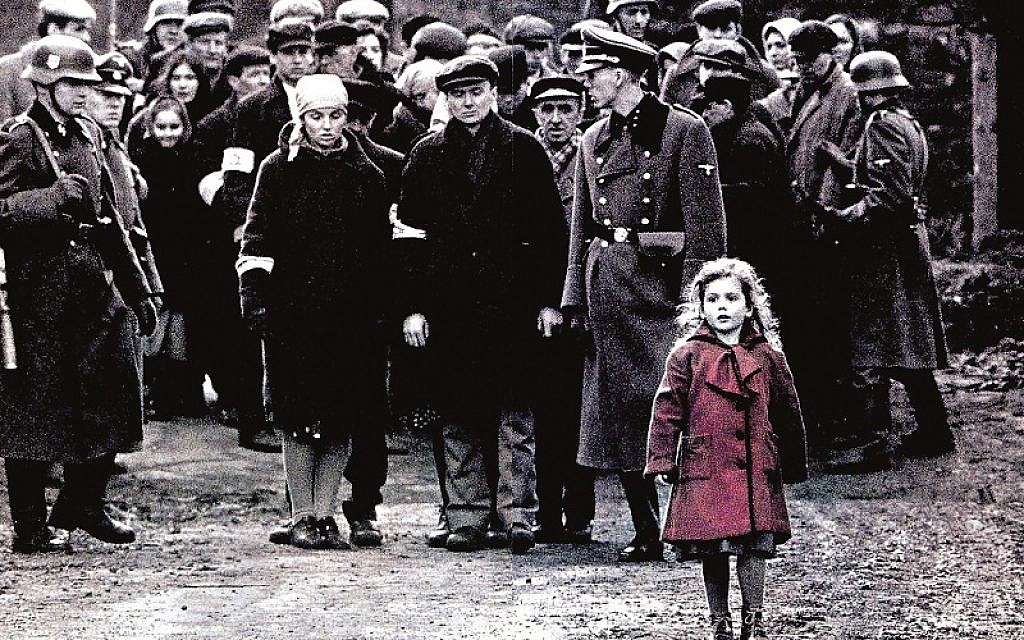Impact of the Holocaust on the World: It Will Never Be the Same
2019.04.23
The Holocaust was one of the greatest atrocities in human history. In fact, one would be hard pressed to find anything ‘worse’ to put ahead in that list. But there are other genocides in history to stand alongside it at the far end of the atrocity scale. One thing is for sure, a tragedy of that magnitude left a deep scar on the world as a whole. The impact of the Holocaust isn’t limited to the families of the six million dead. It has affected international politics, the Catholic Church, and international law.

Continuing Impact of the Holocaust: Human Rights, Church, Refugees
Acknowledgment of genocide and accountability for crimes against humanity
The very term ‘genocide’ was coined during the Holocaust. It was only at this point of human history that the world community not only named the act of mass extermination of a people but also recognized it as a crime against humanity. Nazi leaders were the first individuals persecuted for it.
This particular change matters so much because it’s only due to it that individual politicians who initiated genocides in their countries can be punished for this by tribunals created by the UN. This happened to the leaders responsible for Rwanda, Cambodia, and Yugoslavia genocides.
Change of ethics regarding human experimentation
The reminders of the Holocaust live on in personal tragedies and loved ones mourned through time. Those not personally affected can learn about them from the Holocaust Museum Auschwitz and dozens of other museums and exhibits, which tell the tale of horrors enacted in concentration camps. And most importantly, those reminders live on in the form of the Nuremberg Code, which changed the perception of consent and ethics surrounding research and experimentation.
Alas, even there is room for improvement left as these changes in ethics statements have yet to be backed by laws in many countries. The matters of informed consent and experimental treatments remain pressing topics for human rights activists.
Fight for human rights
The issue of protection of human rights moved to the international level only after the Holocaust. It’s shocking how before this no individual or group of people could count on any international authority to protect them from their own abusive political systems. The Universal Declaration of Human Rights only came into being in 1948.
Today, the fight for protecting human rights and ensuring this document is observed in every country is one of the main concerns of the UN. Governments and non-governmental organizations collaborate to create a world where every human being can live in peace and know that their fundamental rights will not be denied them.
Renouncement of anti-Jewish teachings by Christian churches
Anti-Jewish views have been spread and promoted by the Christian theological doctrine for centuries. Therefore, in the early stages of the Holocaust, the Church failed to take any action to stop or prevent it. It is believed that antisemitism, which was deeply ingrained into the minds of Catholic Christians, was a major factor in their failure to stand up to the persecution of Jews initiated by the Nazis.
After the Holocaust, many Christian churches renounced their anti-Jewish teachings condemning antisemitism. Unfortunately, this change has not been universal and incidents of antisemitism occur with more frequency today.
Refugee protections
Many of the Jews who tried to escape persecution by the Nazis could not do it because of the refugee policies that barred them entry to many countries. Only the bravest of diplomats gave out visas to people fleeing the horrible threat. It’s impossible to know how many were lost due to these rigid policies.
The UN Refugee Convention of 1951 should prevent a repeat of this horror as it promises protection to refugees who face a threat of violence in their home countries.
More Articles
Copyright © Fooyoh.com All rights reserved.